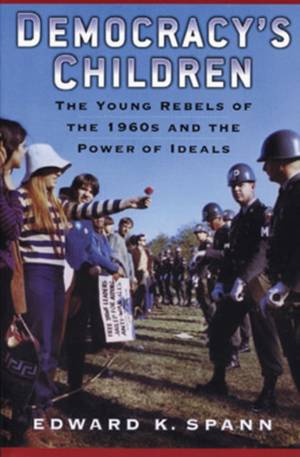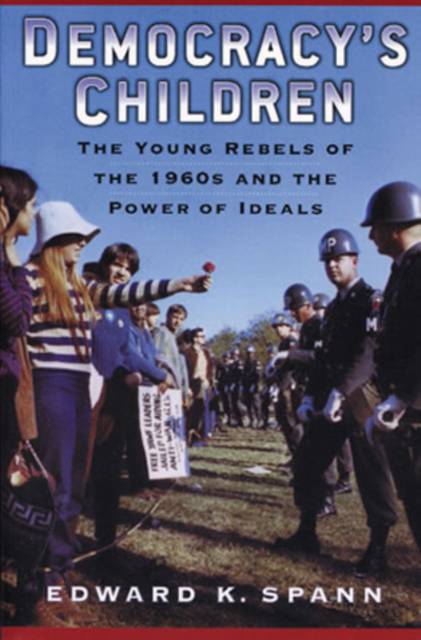
Je cadeautjes zeker op tijd in huis hebben voor de feestdagen? Kom langs in onze winkels en vind het perfecte geschenk!
- Afhalen na 1 uur in een winkel met voorraad
- Gratis thuislevering in België vanaf € 30
- Ruim aanbod met 7 miljoen producten
Je cadeautjes zeker op tijd in huis hebben voor de feestdagen? Kom langs in onze winkels en vind het perfecte geschenk!
- Afhalen na 1 uur in een winkel met voorraad
- Gratis thuislevering in België vanaf € 30
- Ruim aanbod met 7 miljoen producten
Zoeken
Democracy's Children
The Young Rebels of the 1960s and the Power of Ideals
Edward K. Spann
Paperback
€ 68,95
+ 137 punten
Uitvoering
Omschrijving
They burned bras, draft cards, and even the American flag. But what drove a group of young Americans to democratic revolution in the tumultuous years of the 1960s, and what made them think they could win? This book looks at the motivations and values of the young rebels of the 1960s.
Specificaties
Betrokkenen
- Auteur(s):
- Uitgeverij:
Inhoud
- Aantal bladzijden:
- 185
Eigenschappen
- Productcode (EAN):
- 9780842051415
- Verschijningsdatum:
- 1/10/2003
- Uitvoering:
- Paperback
- Afmetingen:
- 228 mm x 152 mm
- Gewicht:
- 348 g

Alleen bij Standaard Boekhandel
+ 137 punten op je klantenkaart van Standaard Boekhandel
Beoordelingen
We publiceren alleen reviews die voldoen aan de voorwaarden voor reviews. Bekijk onze voorwaarden voor reviews.









